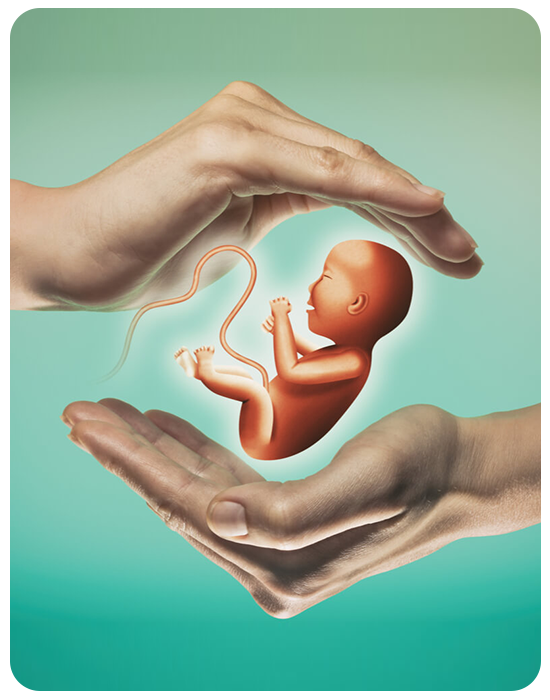In Vitro Fertilisation (IVF) is a process in which an egg is retrieved from the ovaries and fertilised with processed sperm outside the body in a controlled laboratory environment (in vitro).
In Vitro Fertilisation (IVF) is an assisted reproductive technology (ART) in which mature eggs are retrieved from the ovaries and combined with sperm in a laboratory dish. The fertilised eggs, now embryos, are transferred into the uterus to allow implantation. A complete IVF cycle typically takes about two weeks. IVF can be performed using the woman’s eggs and her partner’s sperm, or in some cases, with donor eggs or sperm, depending on the underlying cause of infertility and the treatment plan. After embryo transfer, a pregnancy test is conducted two weeks later to determine if the procedure was successful.
In vitro Fertilisation (IVF) is a series of procedures complex in nature and used to treat fertility and genetic problems and assist with the conception of a child.



IVF can treat numerous causes of infertility. These include,
Thanks to significant advancements in the field of fertility, the cost of IVF treatment in India has decreased substantially. The expenses related to medication, doctor’s fees, and the procedure have been reduced considerably since the birth of the first test tube baby in India. The success rates of IVF in India have also improved over the years. Globally, the highest IVF success rates are typically seen in women in their late 30s to early 40s. IVF in India offers success rates comparable to those in other leading countries.
